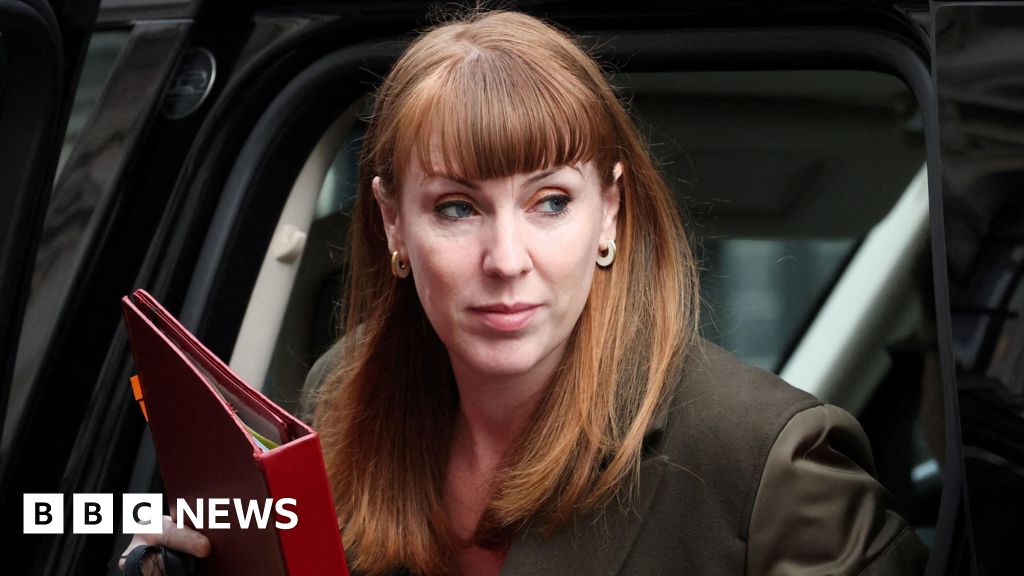Summer isn’t summer anymore. A rapid attribution study out today highlights that human-caused climate change has increased the likelihood of raised temperatures in the UK and especially the south-east of England. This heightens the risk to vulnerable members of our society, including those with health conditions or older people who live alone, with climate adaptation in the UK still not ready to meet the climate health threat.
The study warns: “Heatwaves are the deadliest type of extreme weather globally, with hundreds of thousands of people dying from heat-related causes each year. In the case of this heatwave, the forecast temperatures are largely a risk to the most vulnerable populations such as people over 65, and people with pre-existing conditions such as respiratory and cardiovascular disease.”
Heatwaves and climate change
Dr Ben Clarke, researcher at the Centre for Environmental Policy Imperial College London, said: “This heatwave is another reminder that our planet has already heated to a dangerous level. We’re at 1.3°C today, but heading for around 3°C this century. With every fraction of a degree of warming, the UK will experience hotter, more dangerous heatwaves. That means more heat deaths, more pressure on the NHS, more transport disruptions, tougher work conditions and poorer air quality. The best way to avoid a future of relentless heat is by shifting from fossil fuels to renewable energy.”
The study highlights how vulnerable people in the UK will be increasingly affected by heatwaves, as fossil-fuel-burning continues to heat the planet. Days above 28°C are often considered nice weather in the UK, however, the researchers warn that even this level of heat can be dangerous and previous yellow heat health alerts have been linked to sharp rises in heat-related deaths.
Amber alerts are already in place for over the weekend, the second-highest rating, indicating that the whole health service is likely to be affected by the hot weather. Whether these will be enough to reduce and minimise heat-related deaths remains to be seen, but the UK needs a better adaptation plan that just holding its breath and hoping for the best.
Insane calls for more fossil fuels
Dr Friederike Otto, associate professor in climate science at the Centre for Environmental Policy Imperial College London, said: “We know exactly what has intensified this heatwave – burning oil, gas and coal, which has loaded the atmosphere with planet-heating greenhouse gases.”
She continued, “It is totally insane we have political leaders in the UK trying to drag us back to the past with calls for more fossil fuels. The climate will continue to drive increasingly dangerous heatwaves, fires and floods in the UK until emissions are reduced to net zero globally.”
Otto concluded by saying that, “Heatwaves are an overlooked threat in the UK. People working in air-conditioned offices will probably be okay this week, but poorer people working outdoors, in kitchens, and in other hot environments endure these conditions all day and then return to poorly insulated flats that can become dangerously hot. Making our societies more equal is essential to reduce the impacts of climate change”.
Otto’s warning about calls for more fossil fuels comes at a time when UK ministers push to restart the approval process for two North Sea oilfields at Rosebank and Jackdaw. In the face of scientific evidence saying that “Fossil fuel warming makes dangerous 32°C day in England 100 times more likely”, it appears unfathomable that the UK would continue in this dangerous direction.

The study outlines that, “The hottest day in the forecast is approximately 32°C across the [southeast] region. This is a rarer event, expected in June only once every 25 years. Similar analysis of the changes in likelihood of this finds that such events have become about 100 times as likely, occurring in June only once every 2,500 years before industrialisation”.
The results demonstrate how climate change is increasing the danger of heatwaves in the UK and putting more people at risk, the researchers say. It follows a previous World Weather Attribution analysis that investigated the 2022 UK heatwave when temperatures exceeded 40°C for the first time, finding that climate change made the temperatures 2°C hotter and about 100 times more likely.
Unprecedented changes to our weather
The Paris Agreement target of 1.5°C appears is now in real jeopardy of being broken, with a new study also suggesting that there is only two years left of the world’s carbon budget, if the current rate of emissions continues. If global pledges and targets are met, the world is currently on track for 2.7°C global temperature by 2100. Considering we are witnessing these extreme climate events of dangerous heatwaves in the UK at only 1.3°C, doubling this temperature to almost 2.7°C is unimaginable.
Prof Piers Forster, at the University of Leeds, UK, was quoted in The Guardian saying, “I tend to be an optimistic person. But things are not only moving in the wrong direction, we’re seeing some unprecedented changes and acceleration of the heating of the Earth and sea level rise”.
The UK Met Office has conducted its own study into how UK heatwaves could become longer and hotter due to escalating climate trends. They focused on the increasing chance of record UK summer temperatures, instead of just heatwaves in June as per the attribution study, and found that “the likelihood of the likelihood of 40°C has been accelerating and we estimate a 50–50 chance of another exceedance in the next 12 years”. Putting these two studies together, we can conclude that plus 40-degree temperatures will become more frequent in the UK and that extended heatwaves will increase.
Met Office warning
A Met Office spokesperson told Yorkshire Bylines:
“The frequency and intensity of heatwaves has increased worldwide. A number of major heatwaves in the UK have occurred in the past six years (2018, 2019, 2021 and 2022), each seeing new temperature records set. Notably the England record has been set three times over since 2003, including the first official recording of temperatures exceeding 40°C in July 2022.
“Met Office UKCP projections indicate that hot spells will become more frequent in our future climate, particularly over the south-east of the UK. Temperatures are projected to rise in all seasons, but the heat would be most intense in summer.
“Temperatures will increase during the day and night with an increasing chance of tropical nights, where temperatures don’t drop below 20°C.”




